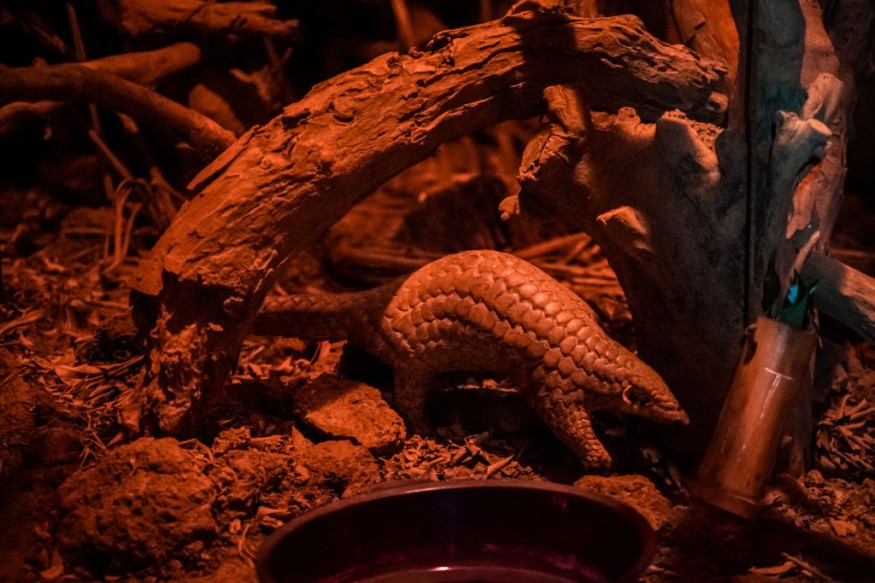In an article released on Wednesday by the London-based Environmental Investigation Agency (EIA), the expansion of TCM sector, combined well with perceived notion of Africa as a bioresource of TCM materials, is a treatment for catastrophic event for certain imperiled species of animals, including such leopards, pangolins, as well as rhinos.
A new analysis warns that the Beijing-backed spread of Traditional Chinese medicine (TCM) in several African nation's dangers fueling the wildlife crime and endangering the survival of some of the world's critically threatened animals.
The Risk in the Traditional Chinese Medicine

According to the press release, TCM product lines was never more obtainable in Africa, with TCM industries and health centers founded throughout the region and Beijing ramping up marketing events in response to the COVID-19 disease outbreak thus Lethal Remedy's How the Advertising of Some Chinese Medicine in Africa Postures a Substantial Hazard to Threatened with extinction Animals.
"Our extremely genuine fear is that a massive growth of TCM in Africa, as is occurring under China's Silkroad Economic Belt, could have the unintended consequence of dramatically raising desire for therapies including animals, causing more creatures to become vulnerable or perish."
Ceres Kam, EIA Wildlife Campaigner warned the public in an interview that, "The unbridled rise of TCM represents a severe harm to the wildlife prevalent in several African nations, all in the sake of brief revenue."
It stated that some shops were aiming to develop whole distribution networks from origin to consumption, and it demanded stronger regulation of TCM as well as state intervention to avoid the use of vulnerable animals in its goods.
Though China had attempted to restrict the use of uncommon organisms in conventional medicine, few practitioners continue to use such treatments as Viagra or to cure maladies ranging from cancer to dermatological disorders.
"Use of critically endangered species in TCM has the ability to increase need, incentivize poaching, and eventually result to loss of habitat."
"We recognize that conventional medicine is significant across many civilizations and performs a vital function in wellness in Africa and far beyond," Kam added.
Continuous Practice of TCM in Africa
Whilst majority therapies are organic, markets desire has been implicated for driving species to annihilation, notably pangolins and rhinos.
With the COVID-19 epidemic still ongoing, healthcare, especially improving linkages among TCM and African Indigenous medicine, is expected to be a major topic during the next Conference on China-Africa Cooperation (FOCAC), which is set to begin later in the month in Senegal.
According to the EIA, South Africa, Cameroon, Tanzania, and Togo are among African nations which have inked deals with China to promote TCM, and South Africa and Namibia have recognized TCM as part of their health systems.
The fate of a prohibition on use of rhino horn and tiger parts, established in 1993 and abruptly repealed in 2018 first before state imposed an unexpected reversal, currently unexplained.
With its signature Belt and Road Initiative, that is expanding roadway, railway, as well as other significant infrastructural initiatives throughout Africa, China is already pushing conventional medicine, which dates back over 2,500 years.
As per the Africa Center for Strategic Studies, China surpassed the United States as Africa's greatest commercial ally in 2009, with overall commerce expected to exceed $200 billion by the year 2020.
© 2026 NatureWorldNews.com All rights reserved. Do not reproduce without permission.





